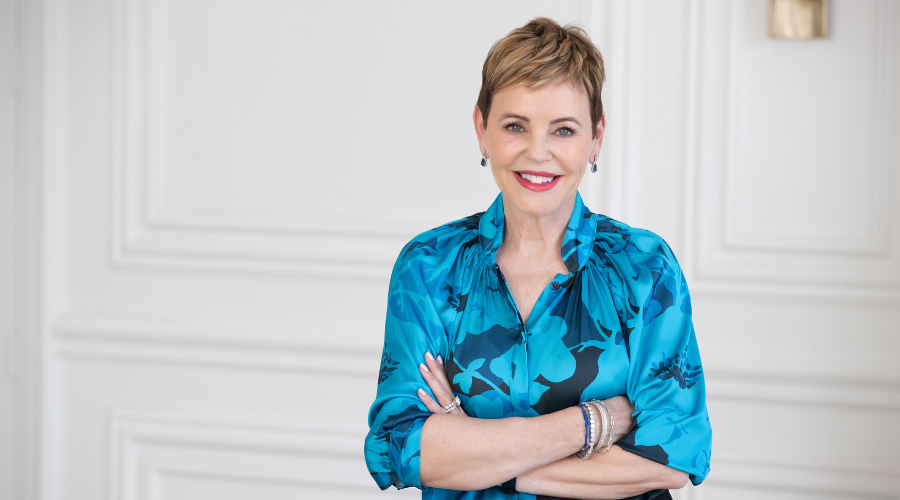I’ve made only one New Year’s resolution this year. Why make more? The usual ones, made in earnest on January 1, the ones about eating less and exercising more, fall by the wayside by the end of the month. I know, I’ve been making New Year’s resolutions for 50 years.
Instead I intend to read more books. You see, in the last few years, I’ve been reading fewer and fewer books by allowing my attention to be diverted by ephemeral pursuits. This coming from a writer!
It’s not that I don’t buy books or borrow them from the local library. No, it’s that I don’t get around to them or even worse, once I start them, I find myself not finishing them. Often they languish, splayed open, half read by the bedside or on the table beside the fireplace in the living room.
I’ve developed the egregious habit of skimming. In the old days, we called it speed-reading, but today we do it automatically as we scan the news crawl below the talking heads on CNN, or the 140-character updates on CBC’s news channel. When I’m reading online, I skim. Skimming or scanning doesn’t work for books, be they fiction or fact. The reader actually needs to hunker down for a prolonged period of time, say more than half an hour at one go, and pay attention when delving into a book.
It’s becoming increasingly difficult to concentrate on long, lengthy passages in books as our eyes become accustomed to scanning, to searching, to flitting from website to website, hardly remembering what we’ve read the day before. There is a difference between information and understanding.
At a recent conference of Canadian publishers, public librarians and school librarians, I discovered that book sales are down and awareness of Canadian books has plummeted.
The Guardian, of all newspapers, reported that the sales of literary fiction have dropped in the U.K. Of all places! Home to the great English novelists, of Jane Austen, the Bronte sisters, Charles Dickens and George Eliot, and in modern times birthplace to Margaret Drabble and her sister A.S. Byatt, Ian McEwan, Jane Gardam and Zaidi Smith to name a few.
Overall book sales are flagging in the United States, although there was an uptick year over year of seven per cent during the 2017 Christmas week. Yet the adult fiction category had only a one per cent unit gain in that week where John Grisham’s Rooster Bar and Dan Brown’s Origin remained #1 and #2 on the category list, according to Publishers’ Weekly. Large publishers depend on blockbusters to make a profit.
Who’s to blame? The usual suspects: Amazon, social media, shortened attention spans. In my case Netflix, with its tantalizing films and miniseries, is the culprit. The golden age of television, as it’s being called, has captured my attention. All I need do is open my laptop, prop it up on my knees –or on this special little table I have for watching– and the show begins.
Yet, however good these programs are, a black hole is growing in my head where the language and ideas found in books used to be. Take Margaret Drabble’s latest novel about old age, entitled The Dark Flood Rises. It is not at all like Netflix’s “The Crown,” the elegant and well-dressed rendition of Elizabeth II’s life, capsulated in 60-minute episodes.
The Dark Flood Rises is about women, people like you and me, seniors, who were children or adolescents when Elizabeth ascended the throne and are now finding their way through old age. Between the radiance of the language and the depth of Drabble’s poignant insights into old age, I found myself questioning my own assumptions about aging and its discontents.
Questioning stubbornly-held beliefs is what reading is all about, that and delving into human nature in all its baffling, splendid complexity. It’s not about having assumptions and opinions confirmed, but about having them questioned and replaced with new, more challenging ideas that open the empathetic heart and the questioning mind.
Seven Remarkable Books for Retirement Reading
Here’s my list of seven books for retirees and seniors that I humbly suggest you consider. I can’t guarantee that you’ll adore them, but I can promise that each one will make you think, question, appreciate, and be more curious about the world, past and present. Click on the links to find out more about these books.
The Dark Flood Rises, a novel by Margaret Drabble. Be we racing, stumbling or acquiescing to the inevitable, Drabble puts ageing into perspective.
In the Name of Humanity: the Secret Deal to End the Holocaust by Canadian historian and filmmaker Max Wallace. A startling examination of how Reichsfuhrer-SS Heinrich Himmler tried to save himself by entering into an alliance with the Allies against the Soviet Union at the end of World War II.
The Future Is History: How Totalitarianism Reclaimed Russia by Masha Gessen, winner of the 2017 U.S. National Book Award. Through the lens of seven Russians, Gessen describes “Homo Sovieticus,” her clever name for the prototype of the good citizen, still unable to rise above his autocratic rulers after the crumbling of the Soviet Union.
The Break, a literary thriller by Katherena Vermette. Winner of the 2017 Carol Shields Winnipeg Book Award, Margaret Laurence Award for Fiction, and the McNally Robinson Book of the Year Awards. If you read one book about indigenous life in Canada this year, let it be The Break.
What Happened? by Hillary Clinton. There are many reasons why Democrats lost the 2016 U.S. presidential race. If you want to understand why Mrs. Clinton lost the election, discover all of her flaws in this inadvertently revealing apologia.
Men Walking on Water, a novel by Emily Schultz. Although I have no idea why Schultz didn’t win any Can Lit prizes last year, her engaging and inventive story about rumrunners crossing the Detroit River during Prohibition is a superlative read. Stephen King said, “Emily Schultz is my new hero.”
On Tyranny: Twenty Lessons from the Twentieth Century by historian Timothy Snyder and reviewed by Masha Gessen: “Timothy Snyder reasons with unparalleled clarity, throwing the past and future into sharp relief. He has written the rare kind of book that can be read in one sitting but will keep you coming back to help regain your bearings.”































